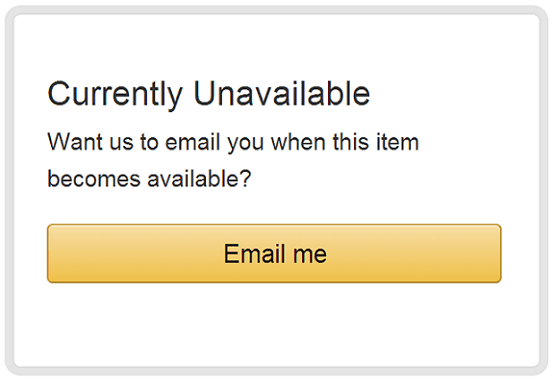Amazon’s War Is First in a Series

In an effort to get publisher Hachette to agree to give Amazon a larger cut of their profits, the web giant has begun playing hardball. First, Amazon listed Hachette books as delayed, informing customers that they’d be waiting three to four weeks for them, instead of the customary two days, and wouldn’t they prefer to read something else?
Then, the fight escalated, and Amazon listed some Hachette books as completely unavailable while marking up others and pushing customers toward “similar items at a lower price.” While Hachette authors (including this website’s Rod Dreher) complain, creators and consumers find themselves with limited power to affect the outcome of the dispute. Unfortunately, this struggle could become the first in a series.
The problem isn’t that Amazon wants to make more money, but the heavy-handed tactics they are using to force Hachette to the bargaining table, which may become more common if the FCC doesn’t find a way to preserve net neutrality. Net neutrality is the current status quo online, where all data comes to you at about the same speed. For example, if your internet service provider (ISP) is Comcast, they aren’t allowed to slow down all news sites besides NBC (which they own) in an effort to get you to change your media consumption habits.
The FCC is considering new rules for net neutrality, including the possibility of scrapping it all together. If the old rules are thrown out, customers will have to rely on market forces, not regulation, to limit corporate chicanery. But, as Amazon’s war of attrition with Hachette suggests, ordinary consumers have a limited ability to force a marketplace to stay open to all.
Consumers have more power to punish Amazon than an internet service provider. Striking back against the retailer means placing your order somewhere else or cancelling your Prime membership. Punishing your ISP is an all or nothing affair, and switching providers means spending the day at home waiting for the cable guy. That’s if you have the power to change at all, since many apartment dwellers are stuck with whichever company the landlord lets into the building, and years of crony capitalism have established regional monopolies at larger scales. An ISP would need to behave truly egregiously to lose customers.
The Hachette authors whose books are debuting now are being hamstrung by the current conflict; a reader who sees an interesting review, clicks over to Amazon, and closes the tab once she sees the book isn’t available probably won’t end up buying the book, enjoying it, and recommending it to her friends. Websites and online services similarly depend on word of mouth to jumpstart their growth, which becomes more unlikely as the loading bar lengthens.
Hachette is an established company, with a stable of eloquent clients, who are used to pleading their case in writing. The web companies that will be hurt by the end of net neutrality are less likely to have Hachette’s ability to attract headlines. If they fail to propitiate the ISPs that serve your neighborhood, you’ll probably never hear of them to miss them.
Comments